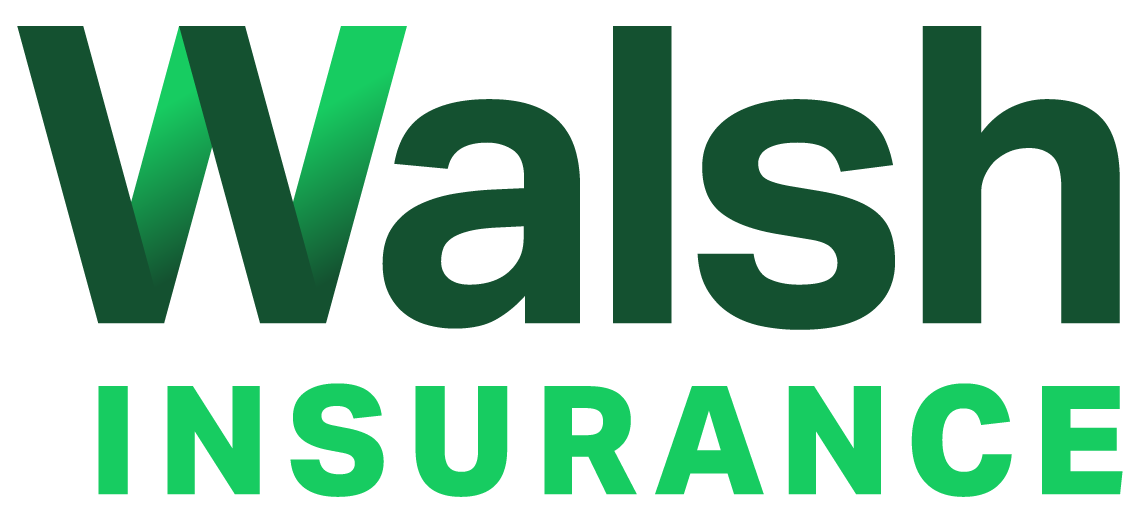Just a few years ago, not having a diversity, equity and inclusion (DEI) program could land your business in hot water. But with shifting political and cultural tides, some companies have received complaints and even activist attacks over requiring DEI practices.
The swings in norms have implications for directors and officers (D&O) liability and employment practices liability (EPL) claims. Here, we’ll look at both types of exposures and offer tips on staying compliant while keeping claims low.
D&O liability front and center
Though directors don’t manage your organization’s day-to-day operations, they do play a key role in your mission and strategic plans. Because of that influential function, your board may come under fire for employment practices. It may be because your company isn’t keeping up with marketwide standards, or because marketwide norms are being upended.
Whether they originate from within your organization or external actors like social media influencers, activist campaigns can harm your revenue and reputation. They can even threaten your sustainability. But complying with activists’ demands may put your company out of alignment with regulators, employees and other social groups. You may feel whipsawed. In all cases, your board and management could face claims that their action or inaction led to financial harm to investors, lenders or employees.
To minimize D&O claims, your organization should clearly articulate personnel policies. Include everything from advertising open positions to hiring, firing, training and promoting employees. Make sure your policies comply with the laws of your state as well as federal laws, and that your directors, officers and staff follow all protocols.
As norms and laws change, your policies might also. A change management plan is a good way to transition your business’s staff, clients, consumers and other stakeholders to the new standards of practice. Depending on the velocity or severity of change, you may need to consult a lawyer and change management professional. Managing change can mitigate your exposure to D&O liability as well.
If your organization receives a D&O complaint, notify your insurance broker and insurance company as soon as you know about it. Your insurance company may want to get involved early and assist with a solution. Early notification might even be a requirement of your D&O insurance policy.
Many D&O policies also cover media relations regarding lawsuits. This can be very helpful in preserving your organization’s reputation while the claim is worked through. Check your policy or ask your insurance broker about any requirements for mediation or arbitration in your contract. Sometimes such clauses conflict with your management or board’s desire to fight a claim.
Employment practices complaints heat up with DEI changes
Discrimination complaints are difficult for many reasons, but primarily because of discrepancies in laws, association requirements, stakeholder rights, and subjectivity of plaintiffs and defendants. Add to that recent court rulings that undo years of practice, and you may feel unsure of the best path forward.
The most important step in preventing and defending against EPL claims is to follow the rules set by the Equal Employment Opportunity Commission (EEOC) and the National Labor Relations Board. Your state may also have employment practices laws that you must follow. A legal professional who advises your organization on such laws may save you large sums of money, since EEOC and EPL complaints can be expensive and drawn out.
Courts have ruled that preferential treatment based on immutable characteristics, such as race, are impermissible. Preferential treatment could involve hiring, admissions, awards and other aspects of employment. This has put DEI in the crosshairs, since many organizations have tried to improve their DEI by favoring certain people using immutable characteristics as the basis.
Recent legal challenges may change the landscape even further. The EEOC had a record year in 2023 for enforcement actions. And in 2024, the American Bar Association said plaintiffs are filing an increasing number of lawsuits over “reverse discrimination.”
Reverse discrimination is when someone belonging to a dominant or majority group alleges they were discriminated against. These claims typically arise out of policies or practices designed to address previous discrimination against a minority group. Such lawsuits cite Section 1981 of the Civil Rights Act of 1866; First Amendment violations in DEI programs; and unfair awards of scholarships and fellowships under Title VI of the Civil Rights Act of 1964.
Here’s an example: In October 2024, the U.S. Supreme Court agreed to hear Ames v. Ohio Department of Youth Services. Ames is a straight woman and administrator at the Ohio Department of Youth Services. She was demoted and replaced by a gay employee, while a gay woman was hired for a position she had applied for. She claims she was discriminated against due to her sexual orientation. A decision is expected later in 2025. If the court decides in her favor, it will likely open the door to more reverse discrimination complaints over DEI.
This means organizations that have been following employment discrimination law as enforced for decades may face EPL complaints for the very actions they undertook to comply with existing regulations. Keeping EPL insurance up to date and in force will be crucial.
It may be wise to discuss the changing employment practices situation with your legal and insurance professionals. They can help you assess your employment risk management program to make sure it’s in line with today’s court, regulatory and statutory mandates.
Rely on insurance protection and excellent risk management
With the changing D&O and EPL environment, organizations can reduce their exposure to financial loss by implementing risk controls and securing or renewing D&O and EPL insurance. These policies typically cover your legal defense, regulatory investigation costs, and settlements or judgments. They may also include preliminary legal consultation and media relations assistance. As your business grapples with the changing nature of DEI practices, you can at least ensure financial support if you get caught up in litigation or claims.
This content is for informational purposes only, should not be considered professional, financial, medical or legal advice, and no representations or warranties are made regarding its accuracy, timeliness or currency. With all information, consult with appropriate licensed professionals to determine if implementing any recommendations would be in accordance with applicable laws and regulations or to obtain advice with respect to any particular issue or problem.
Copyright © 2025 Applied Systems, Inc. All rights reserved.

